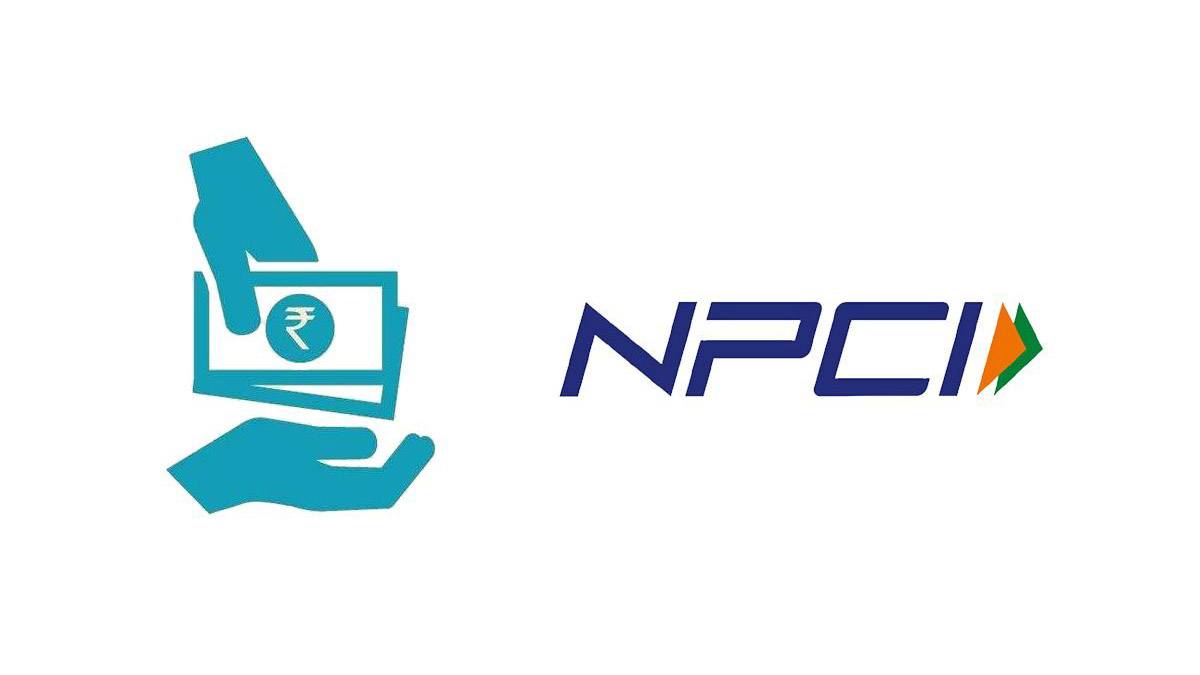National Payment Corporation of India Affected with more than 40 Security weaknesses

An administration review of India’s leader Payments processor a year ago discovered in excess of 40 security weaknesses including a few it called “basic” and “high” hazard, as indicated by an inward government archive seen by Reuters.
The review, which occurred more than four months to February 2019, featured an absence of encryption of individual information at the National Payments Corporation of India (NPCI) which shapes the foundation of the nation’s advanced payments framework and works the RuPay card arrange supported by Prime Minister Narendra Modi.
The March 2019 government report referred to the putting away of 16-digit card numbers and other individual data, for example, client names, account numbers, and national Identity numbers in “plain content” in certain databases, leaving the information unprotected if the framework was penetrated. The review has not recently been accounted for.
The NPCI said in an announcement to Reuters it is normally evaluated in light of a legitimate concern for security and senior administration surveys all discoveries, which are then “remediated to (the) fulfillment of the evaluators”. This incorporates the discoveries refered to by Reuters, it said.
India’s National Cyber Security Coordinator, Rajesh Pant, whose office composed the review, likewise said in an announcement to Reuters that “all perceptions brought up in a year ago’s report have been affirmed as settled by the NPCI”.
Gasp included reviews are best practice for the moderation of cyberattacks and are led on an intermittent premise by all endeavors.
The review was attempted to furnish PM Modi’s National Security Council with an outline of the NPCI’s resistances against cyberattacks. PM Modi’s office and the money service didn’t react to a Reuters demand for input.
The review’s discoveries underscore the information security challenges looked by the NPCI which forms billions of dollars day by day through administrations that incorporate between bank subsidize moves, ATM exchanges and advanced installments.
In India and past, money related organizations are feeling the squeeze to mount viable guards to secure their clients as the quantity of malignant cyberattacks develop and programmers become progressively modern.
Set up in 2008, the NPCI is a not-revenue driven organization which as of March 2019 considered 56 banks its investors, including the State Bank of India, Citibank and HSBC.
RuPay, specifically, has been excitedly embraced by Modi who has compared its utilization to a national obligation. It has developed to represent very nearly 66% of almost 900 million charge and Visas gave in India as of October, as per NPCI and national bank information.
Administration concerns
The review followed a Reserve Bank of India (RBI) investigation report on the NPCI in July 2017 that discovered failures in its inside evaluating rehearses, operational dangers and inappropriate informant arrangements.
There was “absence of familiarity with dangers and hazard culture in the foundation,” as per a generally redacted form of the 37-page report that was gotten by Reuters by means of the Right to Information Act (RTI) a year ago.
The 2019 government report about the review additionally noted: “There is a solid requirement for appropriate administration.”
The RBI directed another assessment among November and December 2019. A 33-page report on that review incorporated its appraisal of NPCI’s administration and operational and credit dangers. In any case, a large portion of the report, likewise got by Reuters through the RTI Act, was redacted by the national bank which refered to the need to secure India’s and the NPCI’s financial advantages.
The NPCI in its announcement didn’t remark explicitly on the RBI reports, yet said all perceptions refered to by Reuters were remediated. The RBI didn’t remark on the reports.
Issues refered to
The March 2019 government archive said an assortment of card numbers were decoded inside the NPCI database for the nation’s system of right around 250,000 ATMs, while decoded RuPay card numbers could likewise be found in the association’s worker logs.
It suggested that delicate information, client information and individual character data be “appropriately encoded/conceal in the database and logs”.
NPCI said in its announcement to Reuters that it stores card information in accordance with norms set by the PCI Security Standards Council, and has been liable to reviews approved by the chamber. “No non-similarities have been watched and we are completely agreeable to these norms,” the announcement said.
Other high hazard issues in RuPay and other NPCI applications refered to by the administration review included purported “cradle flood” weakness, a memory wellbeing issue that can permit programmers to exploit coding botches.
Working frameworks utilized by the NPCI were not “state-of-the-art” and one of its mail workers had lacking enemy of malware usefulness, it additionally said.
The review was led by a group of 10 to 12 individuals at NPCI’s Mumbai home office and workplaces in two different urban areas, an individual acquainted with the issue stated, declining to be distinguished.


